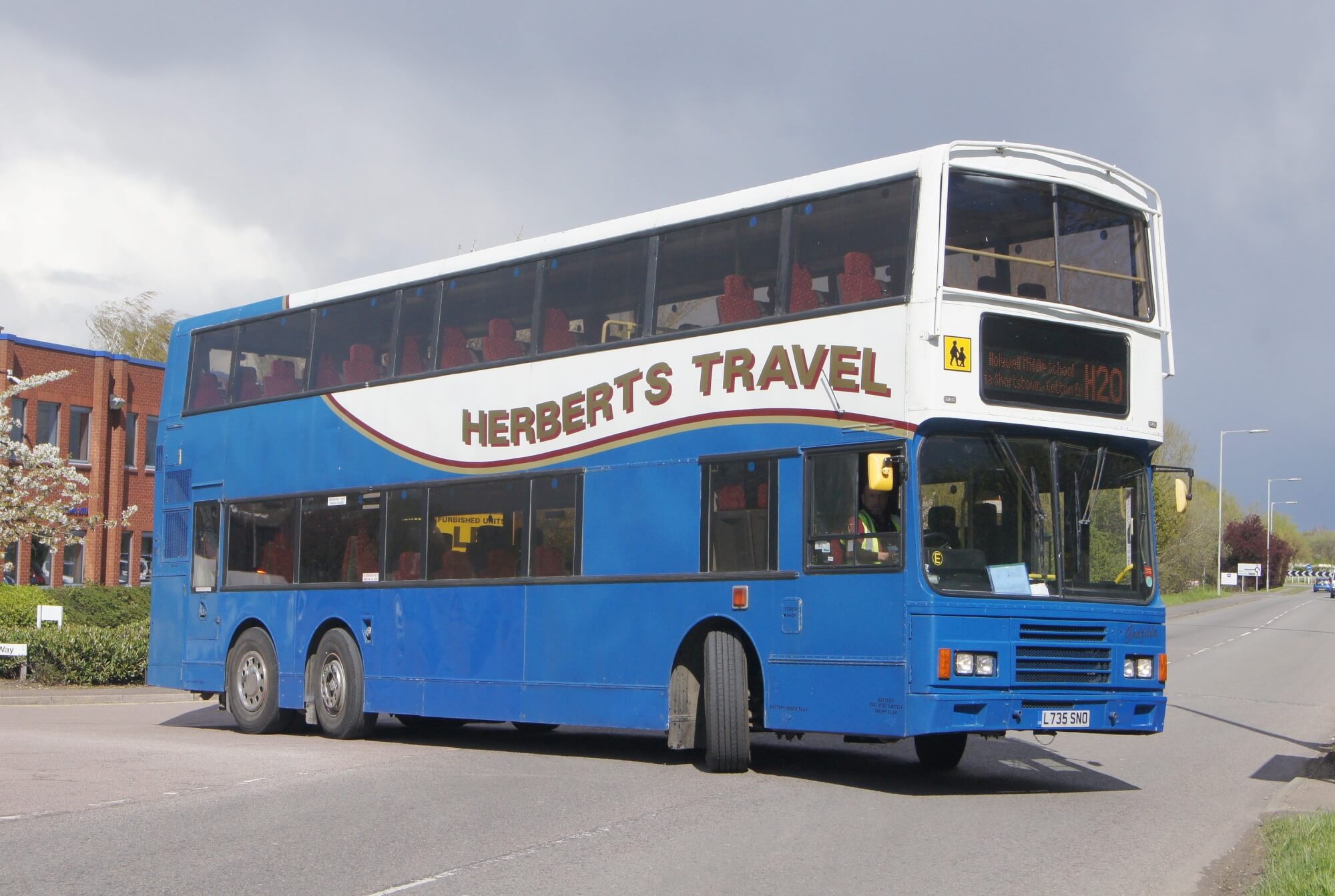
Despite a number of setbacks in the last decade, Chiltern Travel is still going strong. Trevor and Joel Boorman tell James Day the full story […]
By subscribing you will benefit from:
- Operator & Supplier Profiles
- Face-to-Face Interviews
- Lastest News
- Test Drives and Reviews
- Legal Updates
- Route Focus
- Industry Insider Opinions
- Passenger Perspective
- Vehicle Launches
- and much more!


